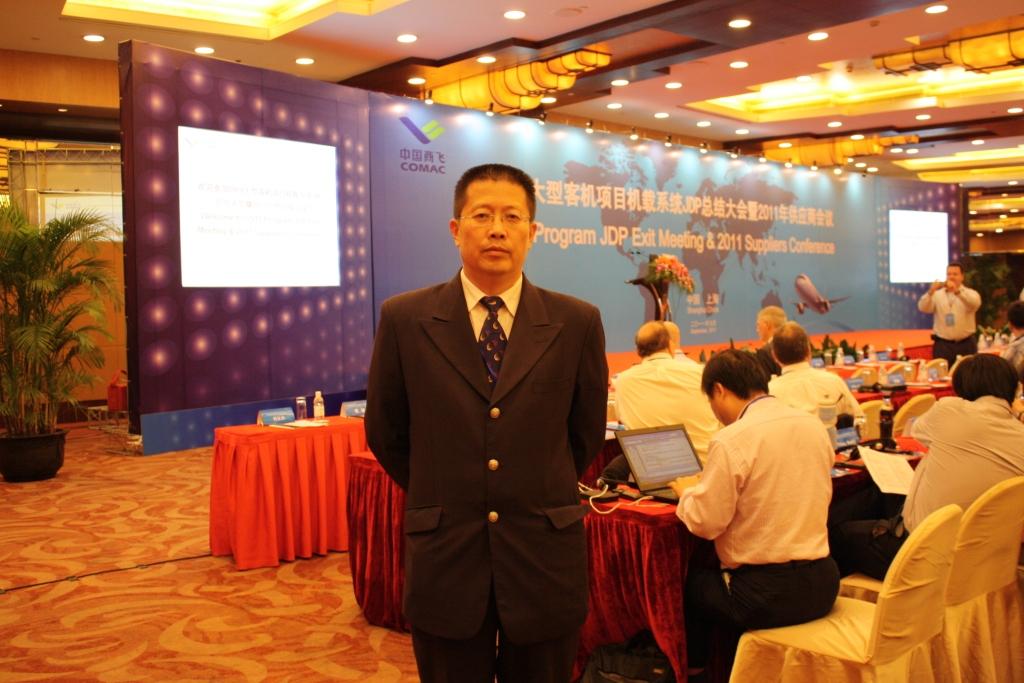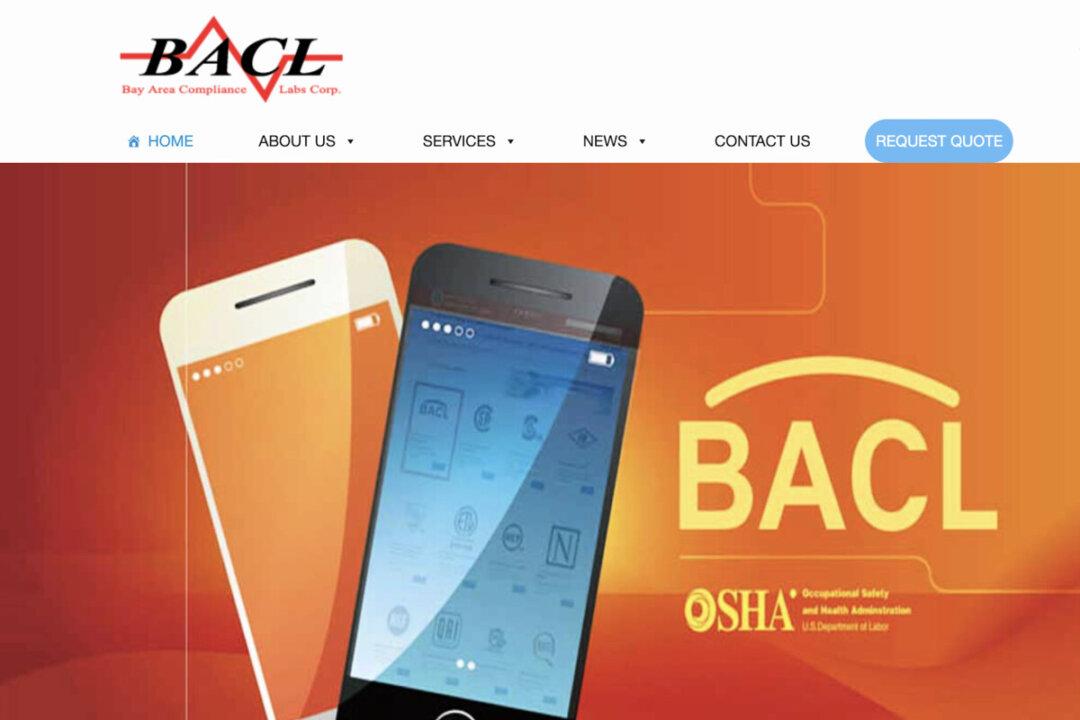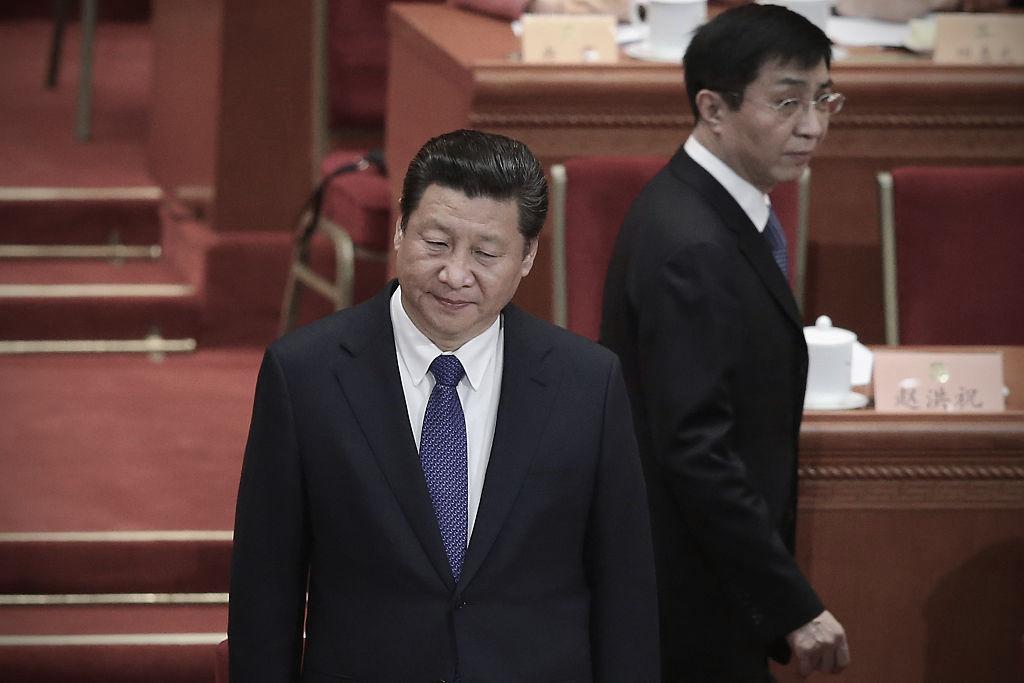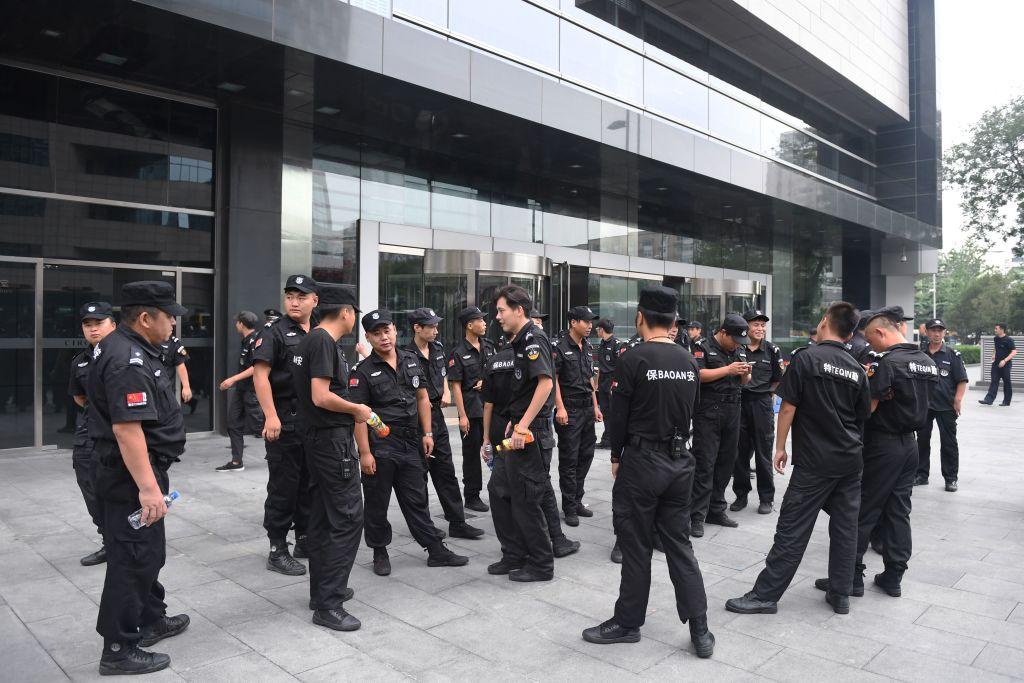As investigations of the crashes of two Boeing 737 MAX jetliners continue, a former supply chain manager of the contractor for Boeing’s flight control systems says that substandard parts made in China with non-aerospace material have been installed in 777 and 737 planes that are still in service.
Now, the whistleblower, Charles (Chaosheng) Shi, is intensifying his efforts to bring light to the issue, which has been troubling him for three years.




